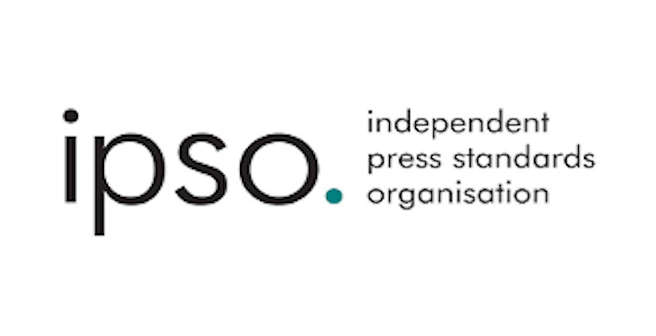Examing IPSO’s Complaints Handling Procedures
CFOM conducted a two-year comprehensive study of editorial standards of accuracy and complaints handling pre and post the creation of the Independent Press Standards Organisation (IPSO). Prior to IPSO, the majority of complaints were handled by the Press Complaints Commission (PCC), which closed following the conclusion of the Leveson Inquiry in 2012.

This timely CFOM study on the role of press self-regulation in the UK shows that there has been an increase in transparency and professionalisation of complaints handling processes under IPSO
The aim of the research was to explore member publishers’ editorial standards and, in particular, whether and how standards of complaints handling have changed within the industry. The project used a mixed methods approach by combining quantitative and qualitative methods to understand what impact, if any, IPSO has had on standards at member publishers, measured by the prominence, speed and adequacy of corrections. The research focused on 17 publications, covering a range of daily national newspapers, Sunday editions, and a sample of regional newspapers. The researchers found that more professional and systematic complaints handling processes and greater transparency about newspapers’ policies have been introduced under IPSO. This improvement in processes has translated into a partial improvement in the prominence, speed and adequacy of corrections. They found that since IPSO’s establishment, almost half of the publications in the sample (8 out 17) have run corrections in an equally or more prominent position, and almost a third (5 out of 17) have clearly increased their speed of publication of corrections.
The full report can be read here.
Research Team

Dr Irini Katsirea, Principal Investigator

Professor Jackie Harrison, Principal Investigator

Dr Chrysi Dagoula, Lead Research Assistant

Dr Gemma Horton, Research Assistant
